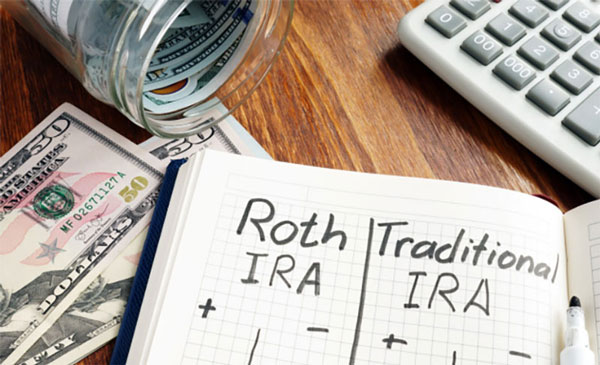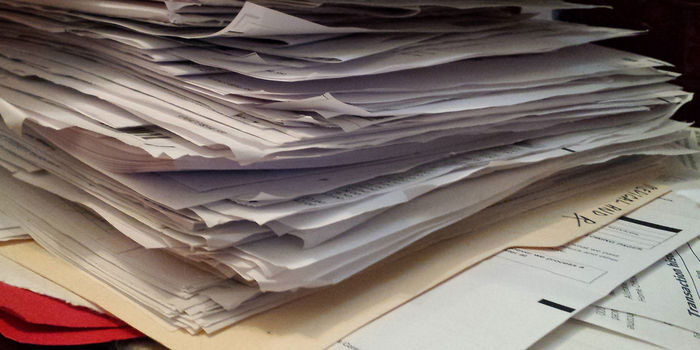It's not uncommon to have extra cash lying around in your bank account or a savings account. It is an excellent opportunity to grow your wealth and secure a stable financial future out of it. So, instead of letting it sit there, you could put it to good use by investing it. By investing your excess cash now, you can set yourself up for a brighter financial future. In this blog, we will discuss why investing your excess money now is a smart move and some ways to invest it.

Beat Inflation
One of the primary reasons why you should invest your excess cash is to beat inflation. Inflation can wear down all the value of your money, and your cash sitting idle in a bank account will not keep up with the rising costs of goods and services. By investing your money, you can earn a return that exceeds inflation, maintaining or even increasing the value of your money.
Compound Interest
When you invest your money, you have the potential to earn compound interest. Compound interest is the interest earned on the interest that your investment has already earned. This compounding effect can exponentially increase your initial investment over time.
Diversification
Investing your excess cash can help you diversify your portfolio, reducing your overall risk. By investing in various assets, you are not dependent on one area or market. It can help you manage the risk and volatility of investing effectively.
Save for Big-ticket Items
If you have plans for big-ticket items, such as a down payment on a house, investing excess cash can help you reach your goal faster. Investing gives you the potential to earn a higher return than just letting your money sit in a savings account.
Retirement Planning
Investing your excess cash can also help you plan for your retirement. If you are already contributing to a retirement account, investing your extra money can help you boost your savings and significantly impact your retirement savings.
Ways To Invest Your Excess Cash Now?
Still, trying to figure out where to invest your excess cash? Here are some innovative ways to invest your money right now without worrying about the uncertainty of the stock market. Remember, each method is unique and has advantages depending on your risk tolerance and investment goals.
1. High-interest savings accounts
These accounts are an excellent option for those who want low risk and a guaranteed return on their investment. These accounts offer interest rates that are often higher than traditional savings accounts. Moreover, deposits are FDIC-insured up to a particular amount and accessible in an emergency.
2. Certificates of deposit (CDs)
CDs are also a safe investment option if you seek a decent return on your investment. You can typically find CDs at your local bank; the interest rates are higher than a traditional savings account. CDs come with a fixed term that you agree to leave the money deposited before maturity. It means you can only touch the money once the term is over. This investment option is best for those who can afford to leave the cash tied up for the set time.
3. Bond funds
Bond funds are an excellent, low-risk option to invest in the stock market without significant losses. Bond funds comprise a diverse set of bonds issued by businesses, municipalities, and the government. The interest you earn from these bond funds is taxed as ordinary income, but the risk associated with them is lower.
4. Exchange-Traded Funds (ETFs)
Exchange-Traded Funds are open-ended investment funds designed to track a specific set of securities or an index. One significant advantage of ETFs is that they typically have lower expense ratios than traditional mutual funds. This happens because they do not need to buy or sell securities frequently. Moreover, they offer more liquidity and transparency than other investment products.
5. Real Estate Investment Trusts (REITs)
REITs are publicly traded companies that own and manage real estate properties like shopping centers, hospitals, offices, or apartments. You can purchase REITs on the stock exchange, which pay out dividends taxable as ordinary income. REITs are a great way to invest in the real estate market without the costs and risks associated with buying property directly.
6. Peer-to-peer lending
P2P lending is a novel and innovative way to invest excess cash by lending money to borrowers and receiving interest in return. P2P lending platforms are online marketplaces that match borrowers and lenders, and the interest rates are often higher than traditional savings accounts. However, risks are involved as it is not FDIC-insured, and borrowers may default on their loans. You should only invest what you are willing to lose in this type of investment.
7. Individual Retirement Accounts (IRAs)
IRAs are tax-advantaged investment plans that allow you to contribute up to a specific amount per year, depending on your age. Depending on your income level and tax bracket, you can choose between traditional or Roth IRAs. Each type of IRA has its advantages, and you can invest in various assets through an IRA, such as stocks, mutual funds, and bonds.

Investing your excess cash can be challenging and risky. The key is to determine your financial goals and risk tolerance. Low-risk options, such as high-yield savings accounts and CDs, are ideal for those seeking guaranteed returns. However, if you can accept more risk, ETFs, REITs, and P2P lending platforms offer higher potential returns. Lastly, IRAs are a significant long-term investment that provides tax savings.
Conclusion
Investing your excess cash now can help you achieve financial goals, beat inflation, diversify your portfolio, and improve your retirement planning. Remember, investments come with risks, and it is essential to do thorough research and consult with a financial advisor before making any investment decisions. Hence, don't just let your excess cash sit stagnant in a bank account when it could work for you to build financial stability!




